Anahi Del Rosaria Flores-Saldana appeared in the Tenth Judicial District Court in Fallon before Judge Thomas Stockard on October 29 for an evidentiary hearing on a post-conviction writ of habeas corpus—a legal request by someone convicted of a crime to ask a court to review the lawfulness of their imprisonment and contest their conviction.
Flores's writ challenged her September 2023 conviction on two Category B felonies of extortion. For these, she received two consecutive sentences of 38-96 months each, totaling 76-192 months in prison. In April 2023, she pled guilty to both counts under an Alford plea, allowing her to maintain her innocence while fully accepting the penalties associated with a guilty plea.
The writ included multiple allegations, most of which were dismissed before the hearing, leaving two remaining issues—extradition costs, which Judge Stockard waived, and allegations of ineffective counsel.
Judge Stockard explained that allegations of ineffective assistance of counsel require a two-pronged test. First, Flores must demonstrate that her counsel's performance was deficient and fell below an objective standard of reasonableness. Second, she must show that this deficiency prejudiced her (i.e., but for her attorney’s errors, the result of the trial would have been different).
Flores represented herself in the hearing, delivering a 15-minute written statement in which she argued to withdraw her guilty Alford plea, claiming "manifest injustice by advice, extreme duress, fear, and promises" by her counsel. She asserted that her attorney's ineffective and unconstitutional performance affected her decision to plead guilty.
According to Flores, she did not knowingly and voluntarily enter her plea, stating that her attorney, Churchill County Public Defender Jacob Sommer, "put [her] in a position he could not defend" and encouraged her to forfeit her right to a fair trial. "My counsel failed his first most critical duty in my criminal case, to [conduct] a meaningful investigation defense… he also failed to include a number of regular, meaningful conversations with me… my counsel failed to interview exculpatory witnesses and to present their testimonies… he failed to raise an appeal… my counsel did not, in fact, consult with me about an appeal."
Flores claimed she proved her case by a preponderance of the evidence, stating, "including being unaware of the direct consequences of the Alford plea, I cannot knowingly and voluntarily enter my plea."
Chief Deputy District Attorney Lane Mills presented Flores with a copy of an intake form (State's Exhibit 1) and an email summarizing her conversation with Sommer (State's Exhibit 2). Flores acknowledged that the intake form bore her signature and handwriting for the date, though she said she did not recall reading either document. However, she admitted remembering the phone conversation that the letter summarized.
Mills then questioned whether Flores had been truthful with the judge during her arraignment and sentencing hearings. Flores replied that she had not understood the legal implications of her statements. "I would have never signed a plea deal. Never. I was under extreme duress throughout the whole time."
Mills questioned Public Defender Jacob Sommer regarding State's Exhibit 1. Sommer explained that he drafted an intake form to provide written confirmation of his discussions with Flores as her attorney. Mills also asked if he had explained his perspective on the extortion case to his client.
"I did… I indicated to Ms. Flores it was my preference that we proceed with the preliminary hearing and go to trial… that decision was not mine, but it was hers to make. I made sure she understood that," Sommer replied, adding that they discussed the plea offer at length. "I also followed up with an email and letter that essentially confirmed the conversation we had."
Sommer verified that the email, identified as State's Exhibit 2, confirmed their conversation the day before the preliminary hearing was scheduled. In that conversation, he said, Flores directed him to accept the offer on her behalf. The letter was then sent to her, along with the preliminary hearing waiver and a copy of the proposed plea agreement.
In her closing statement, Flores said, "I feel I have enough evidence to prove my innocence, and if I would've taken it to trial, I would have won." She also told the court, "I am a good mom. A good role model."
In closing arguments, Mills contended that Sommer had fulfilled his constitutional duty by presenting Flores with the state's offer and advising her to consider going to trial. "She is the one that signed the preliminary hearing document that says that, despite her protestations to the contrary today, she understood what she's giving up," Mills asked the court to find that Flores's testimony was not credible.
Judge Stockard commended Flores, stating, "You presented your case well today. You understood the standards." He indicated he would take the matter under submission and write his order after thoroughly reviewing the case details and arguments.


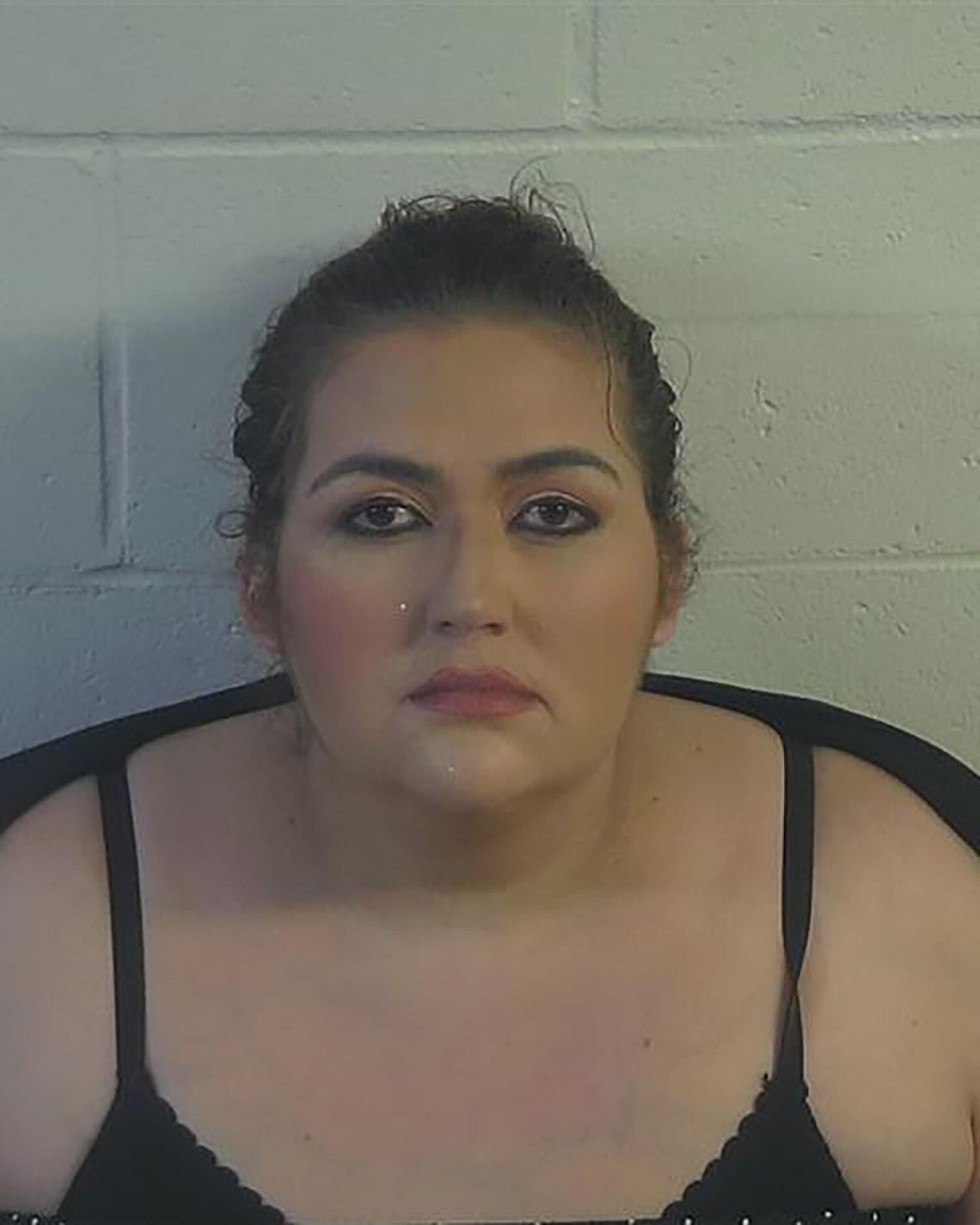
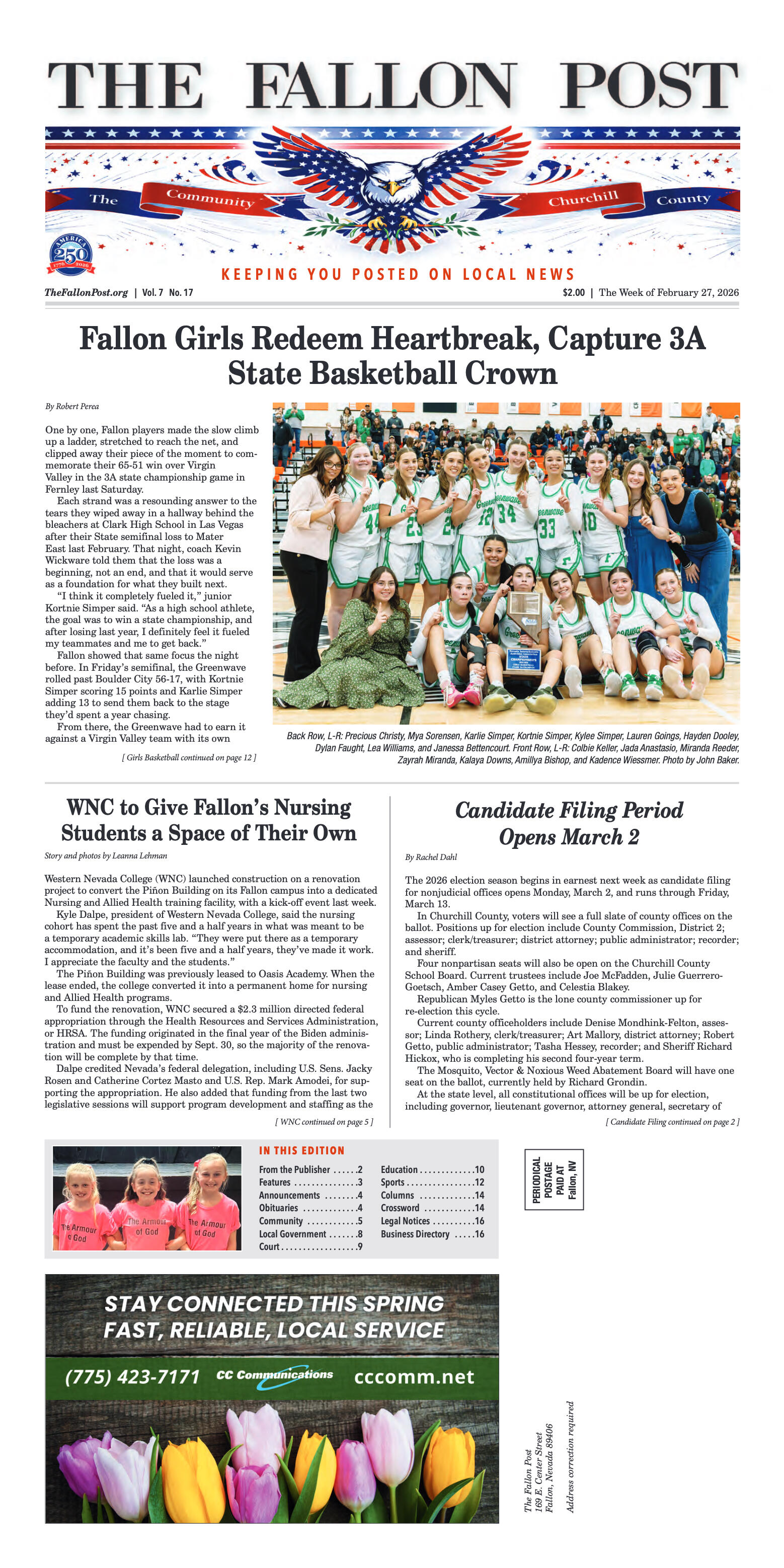
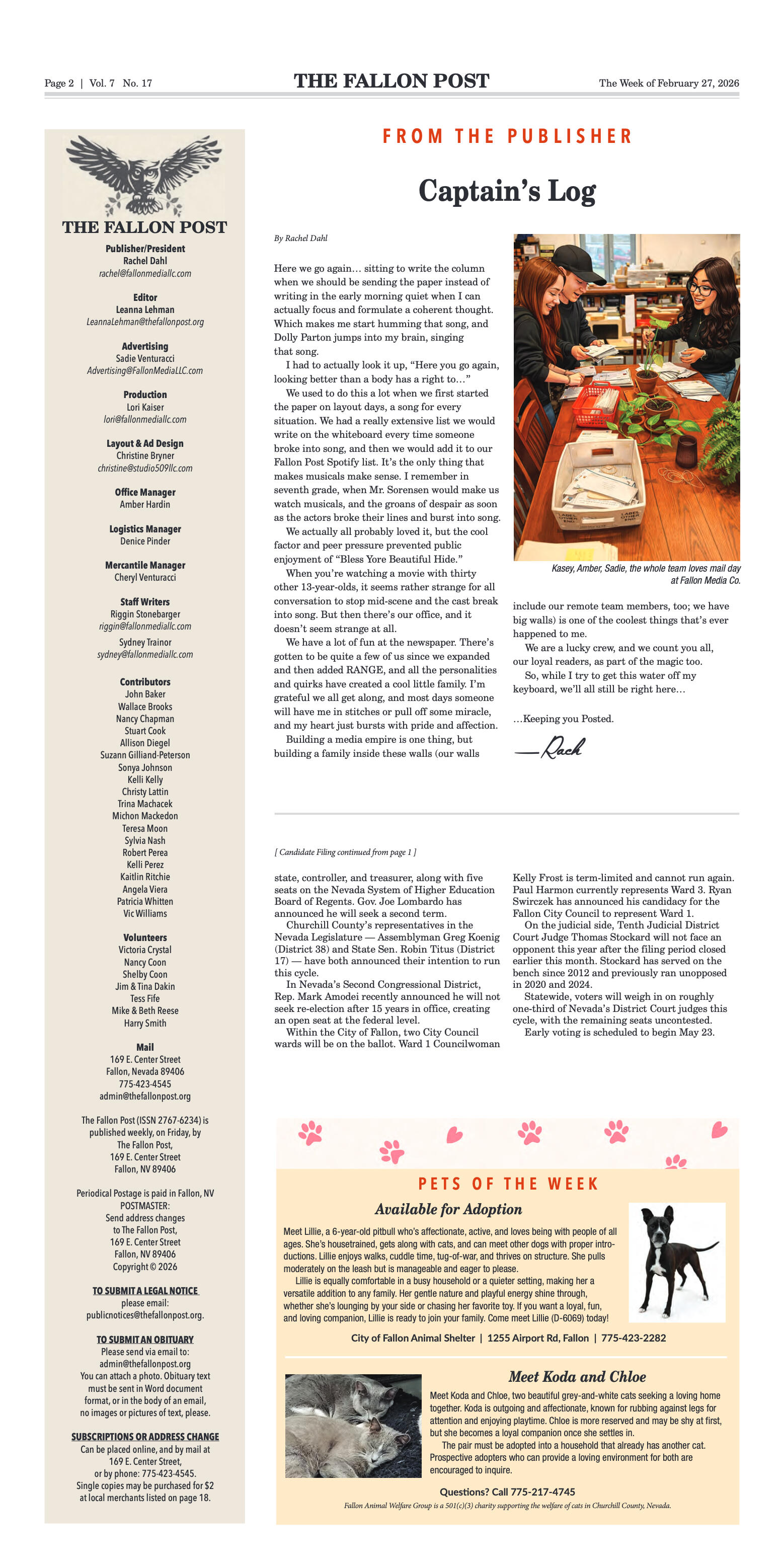
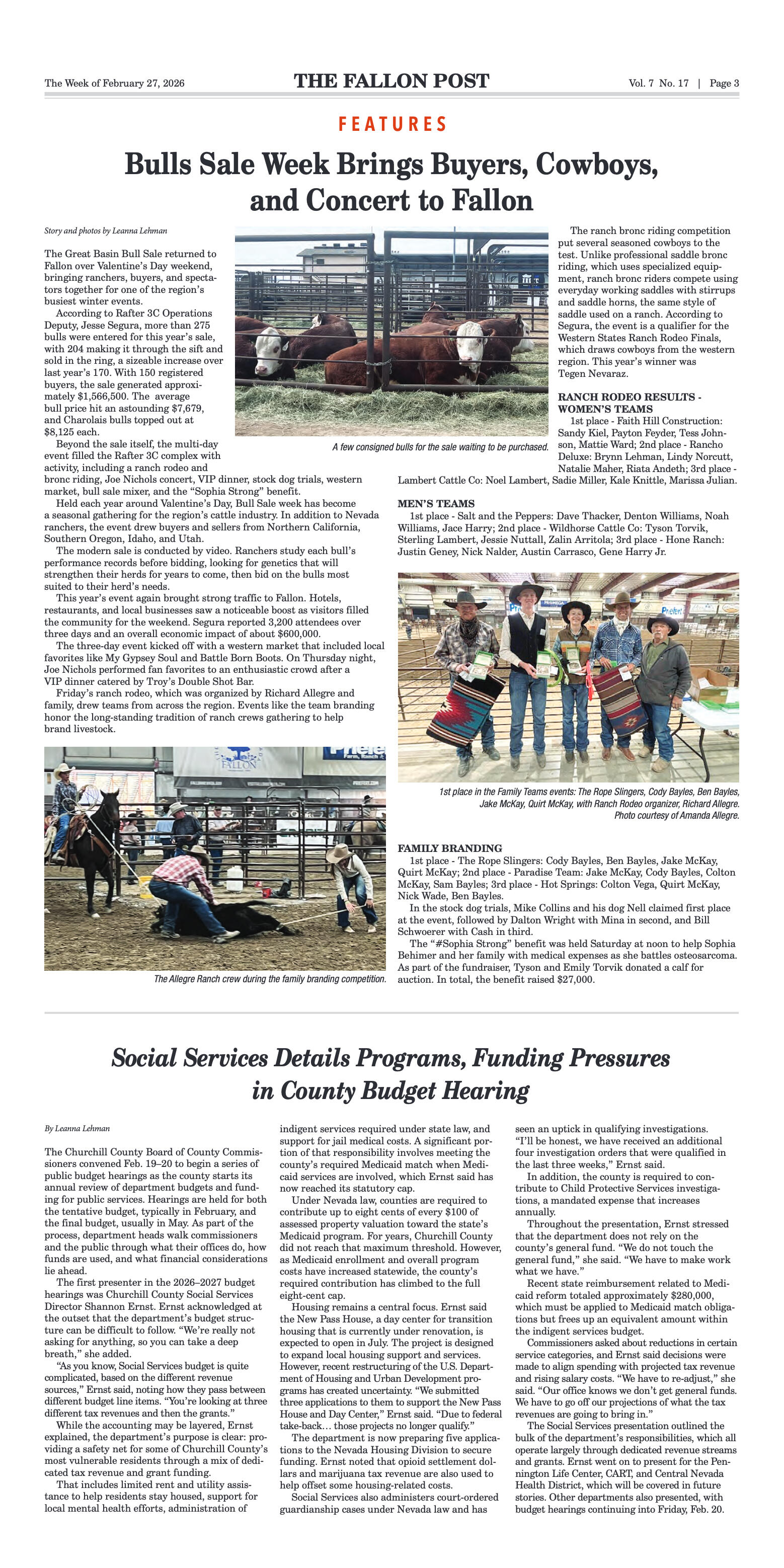
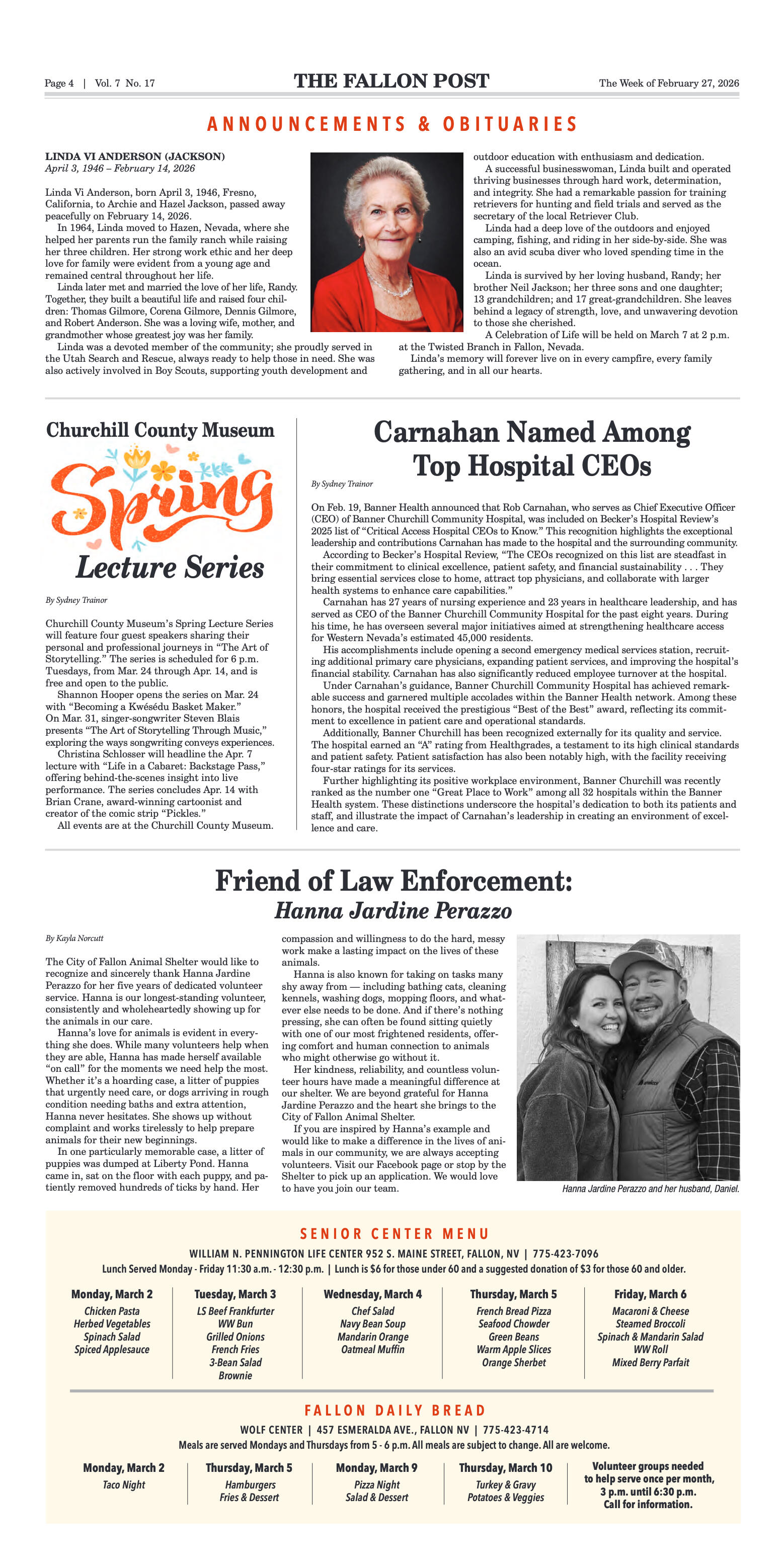
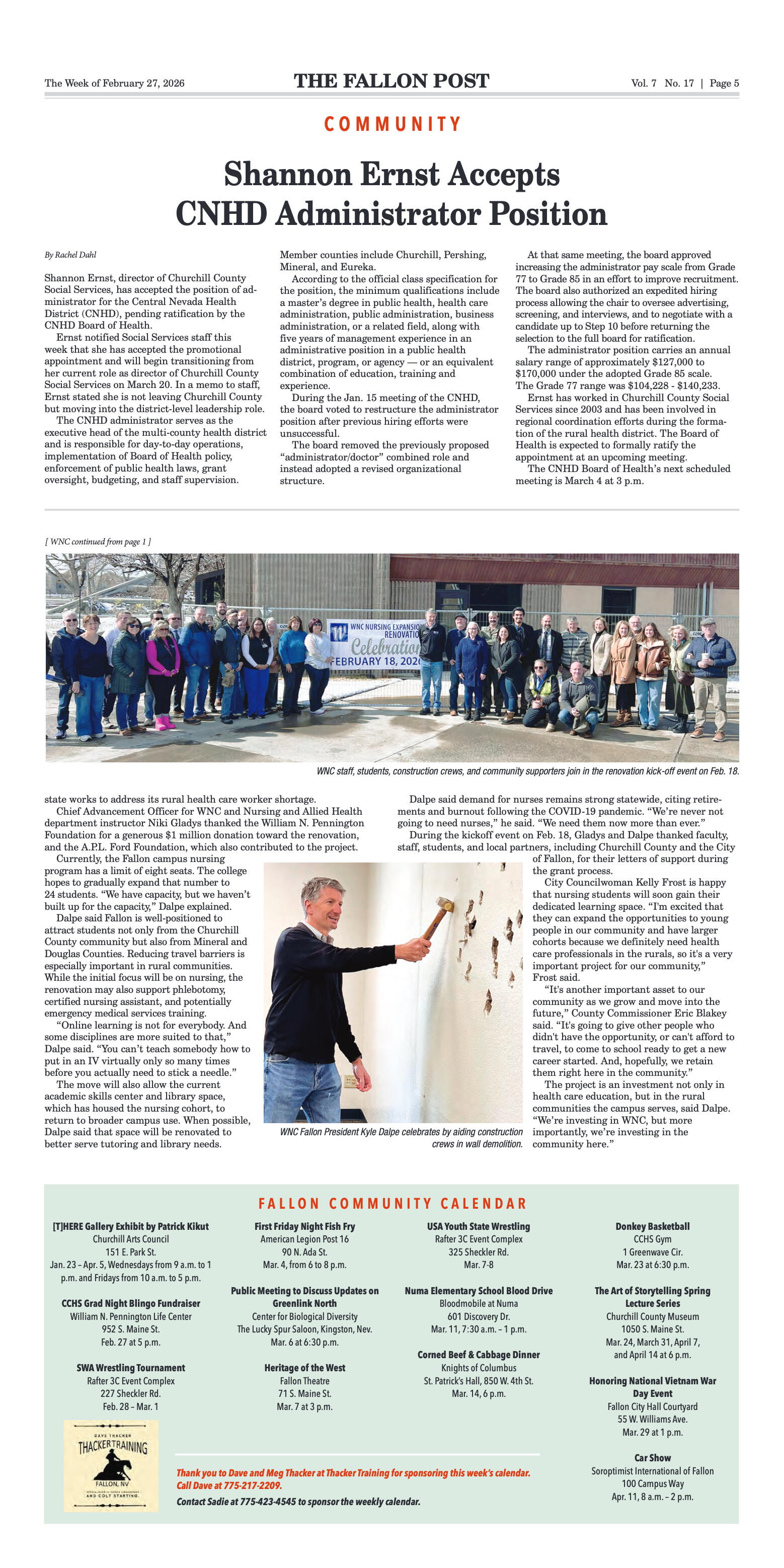


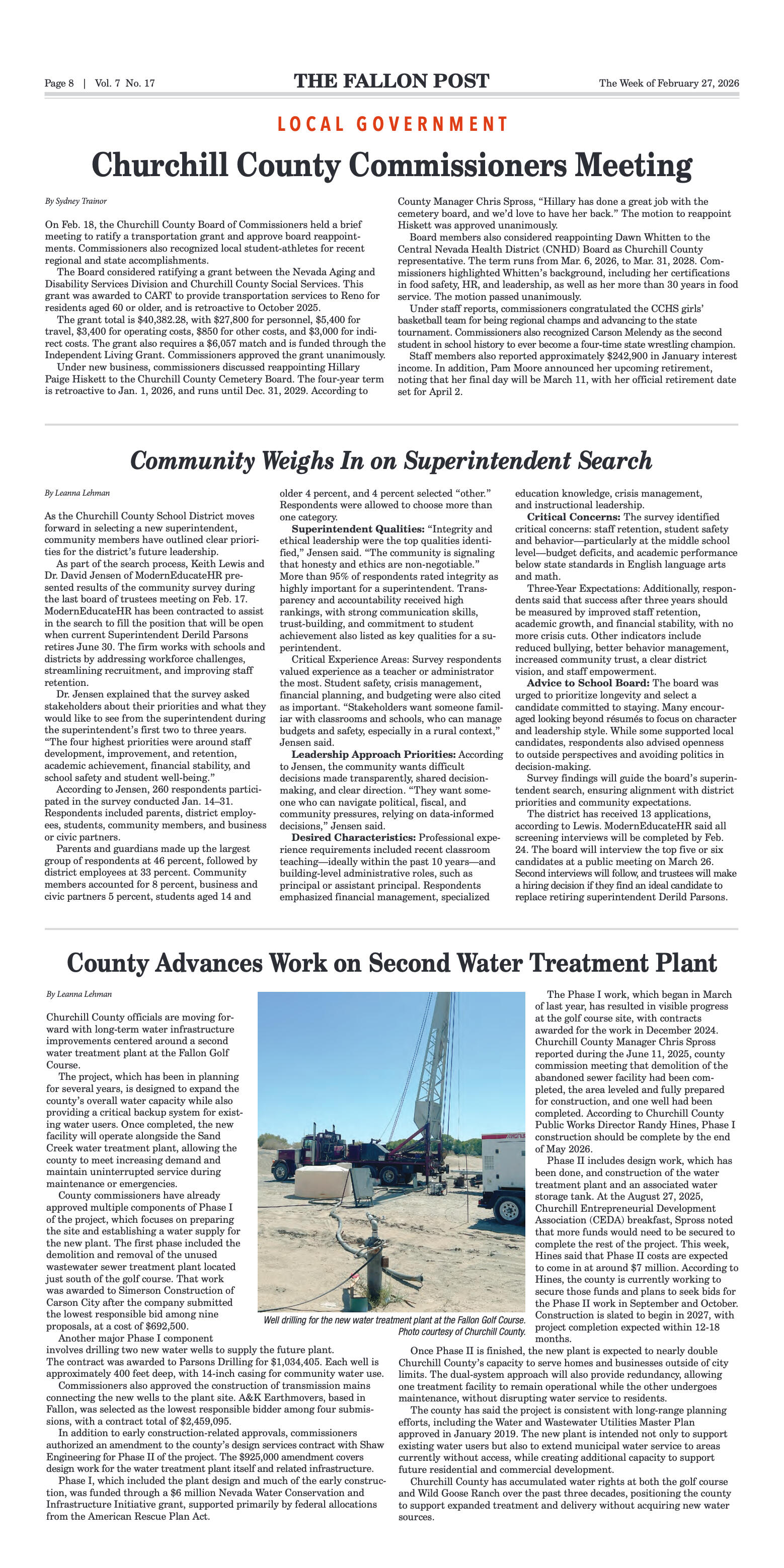
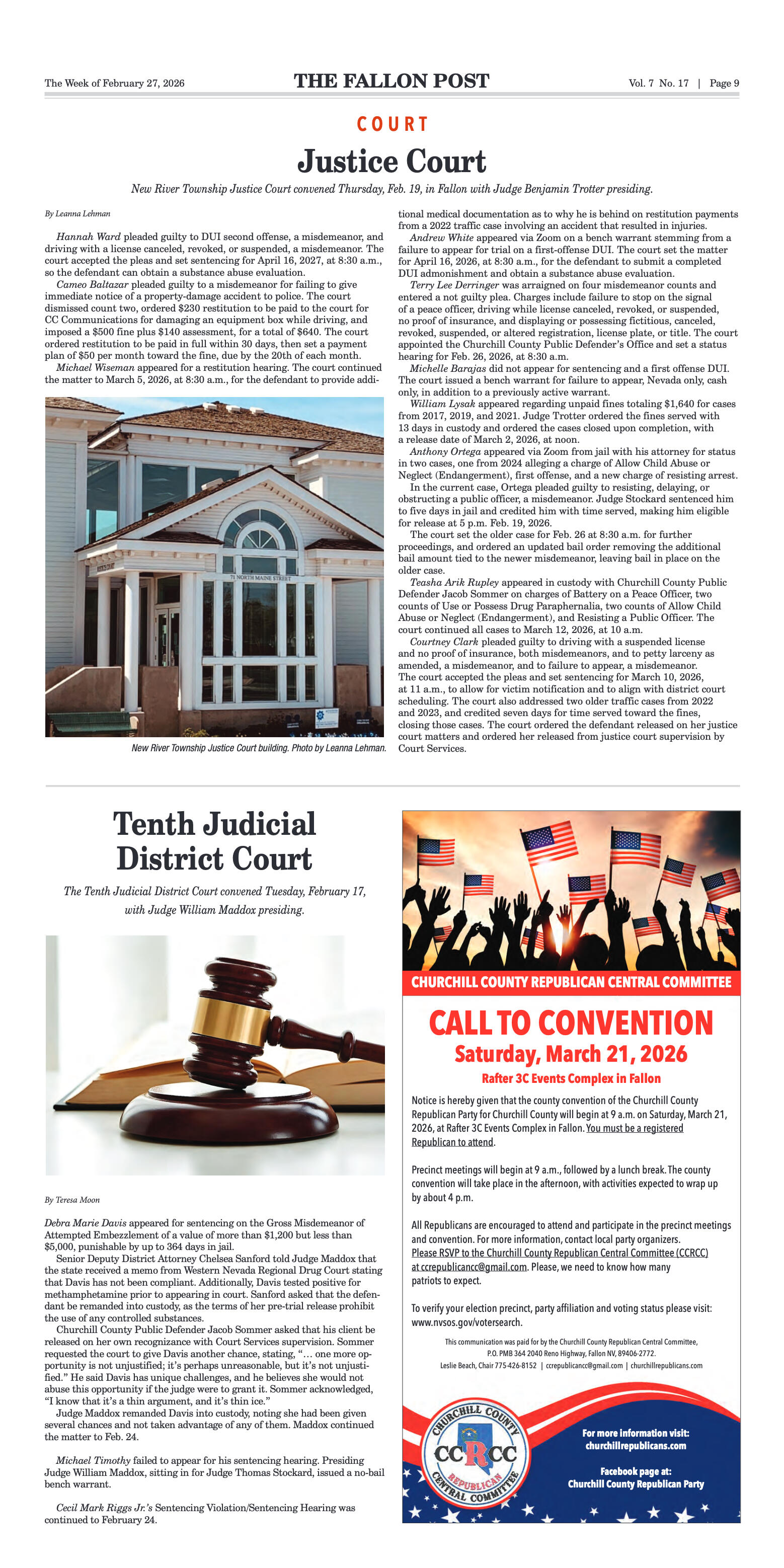
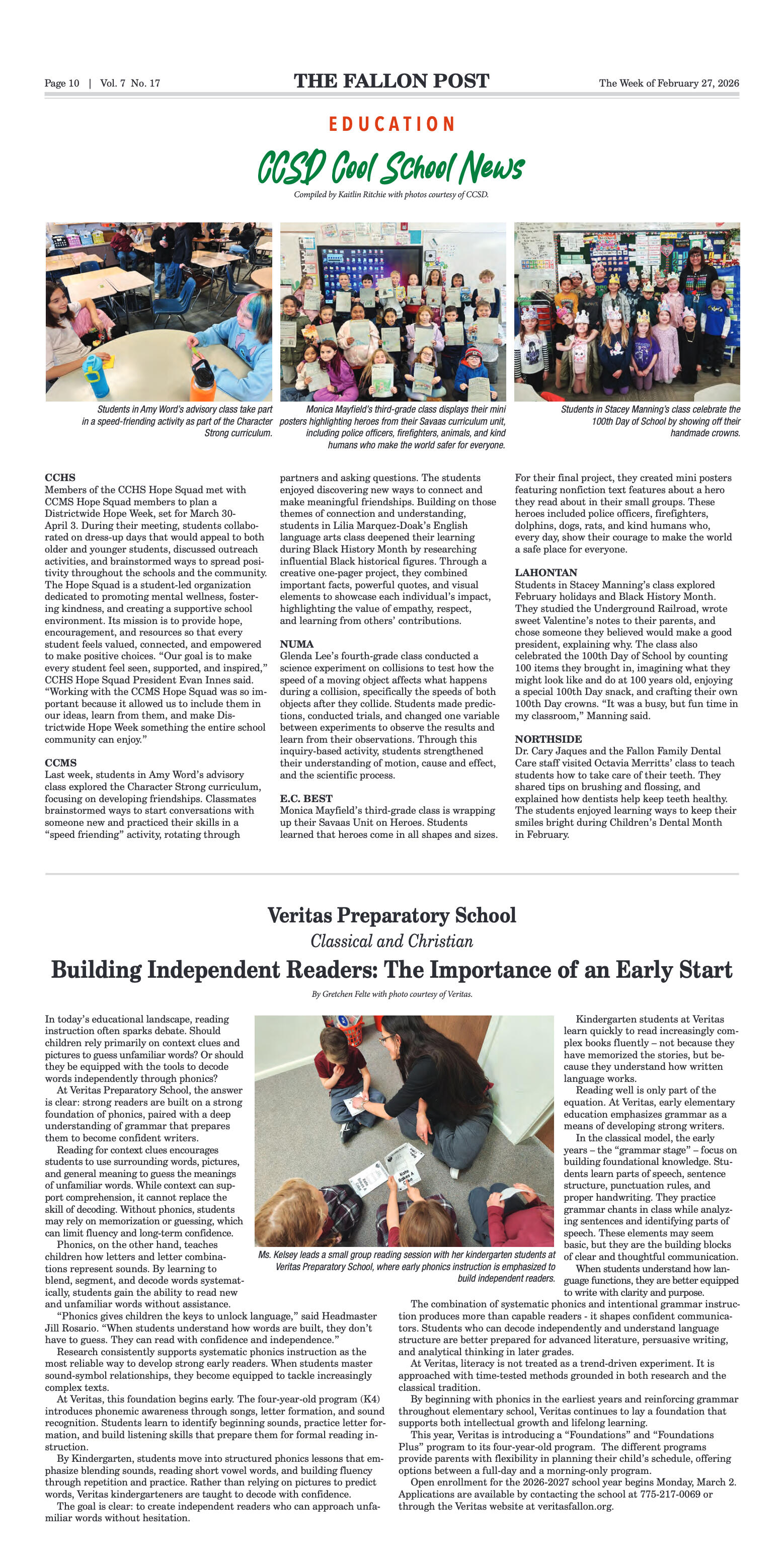
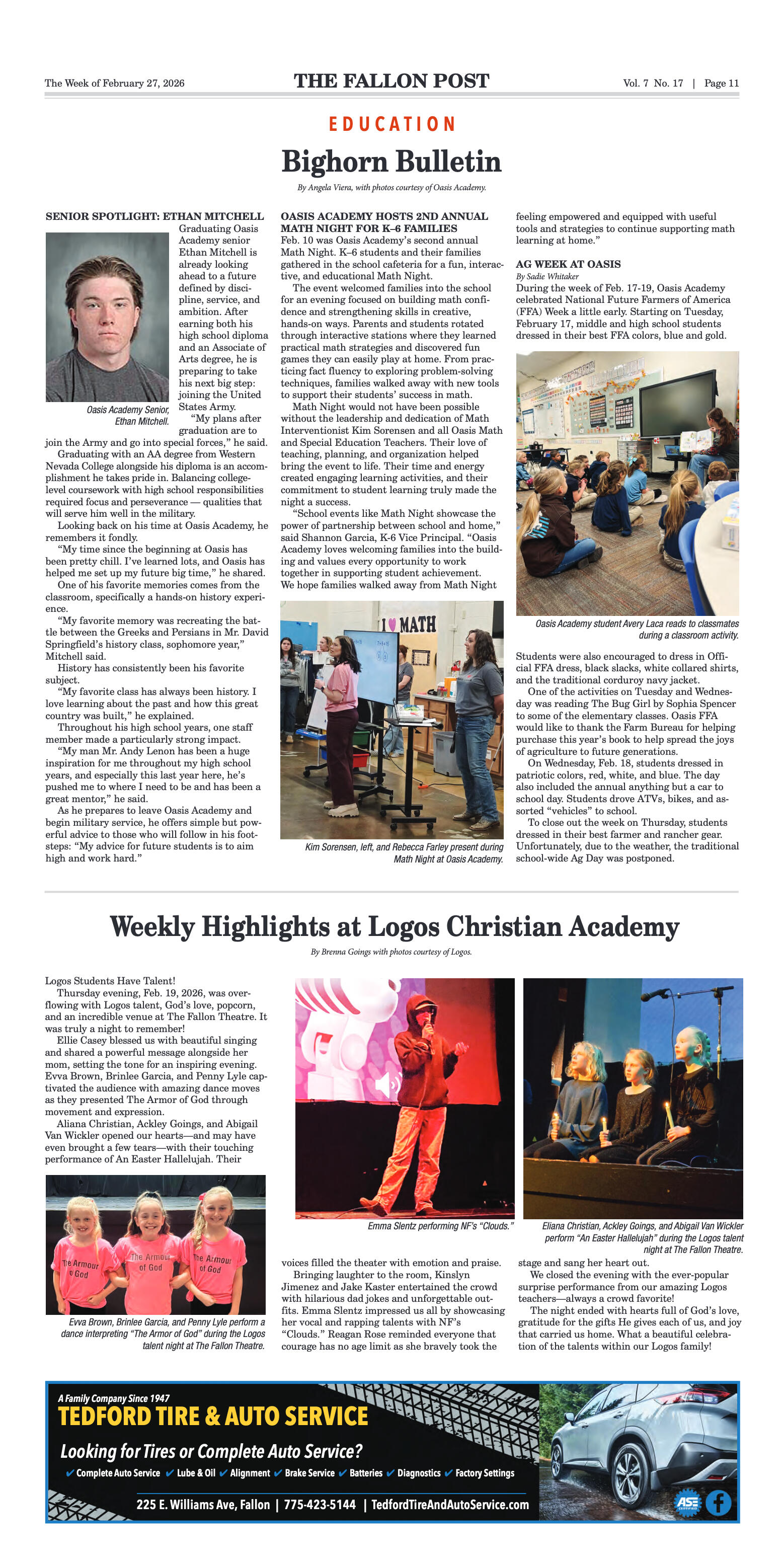
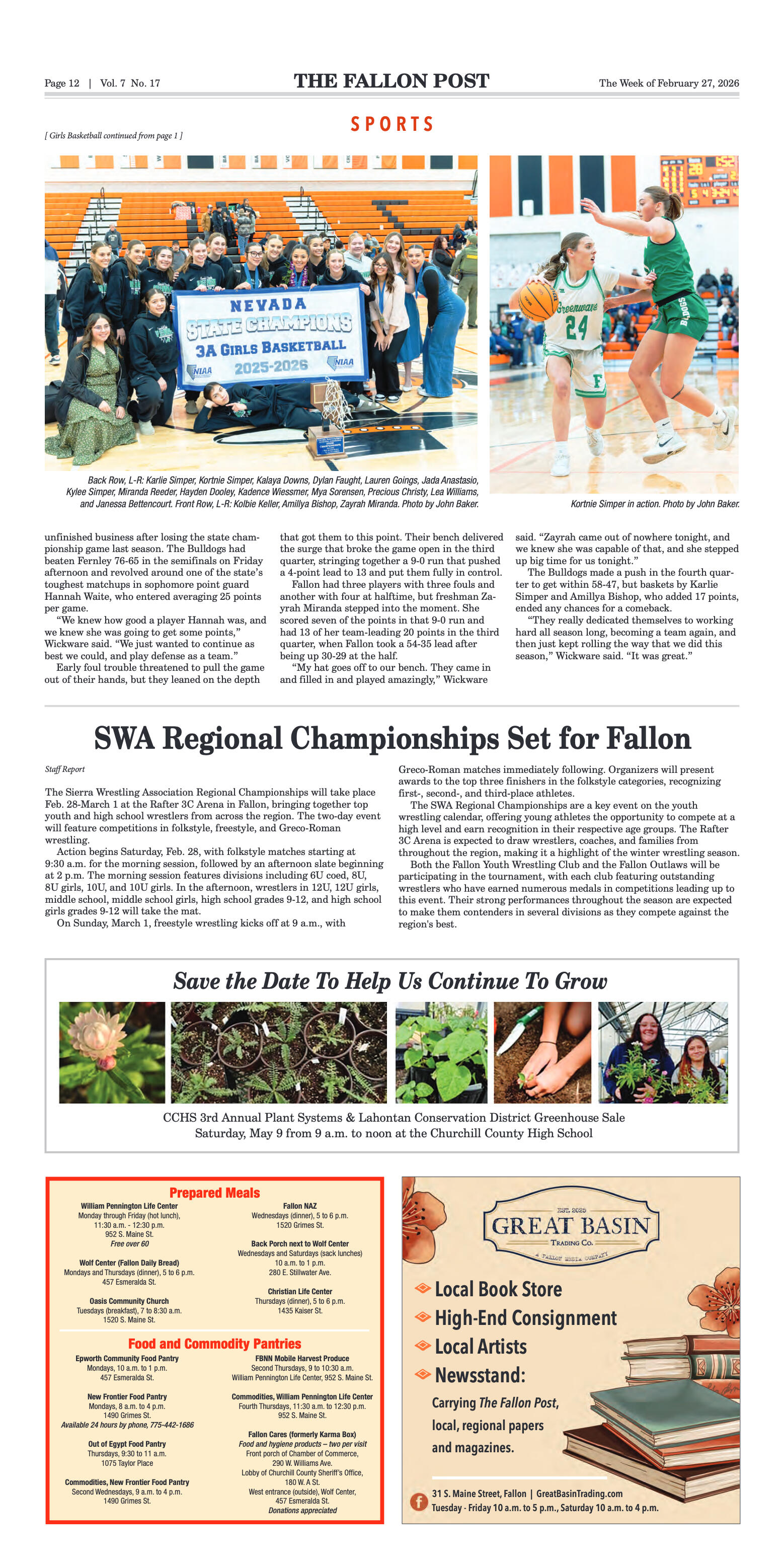

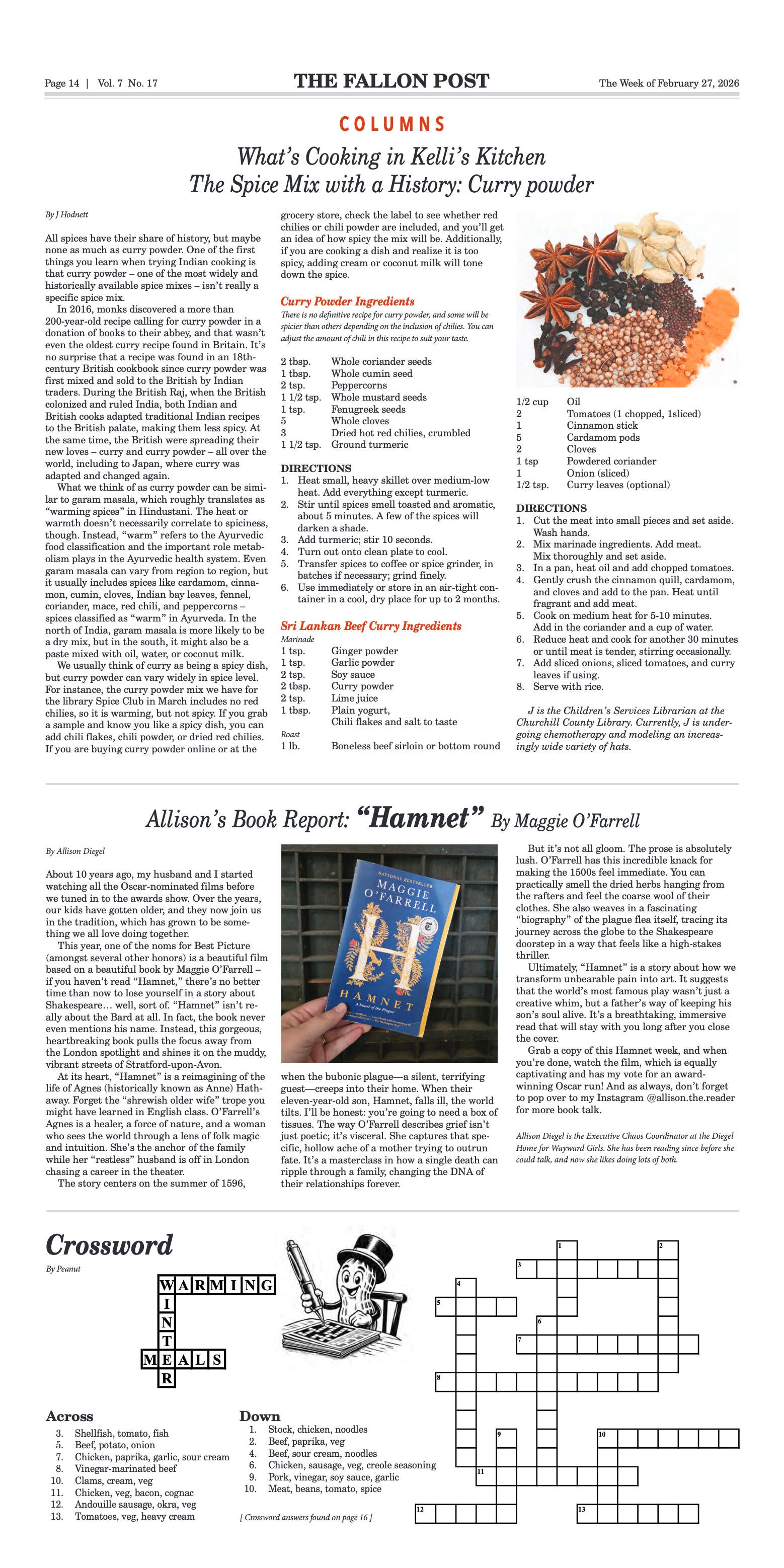
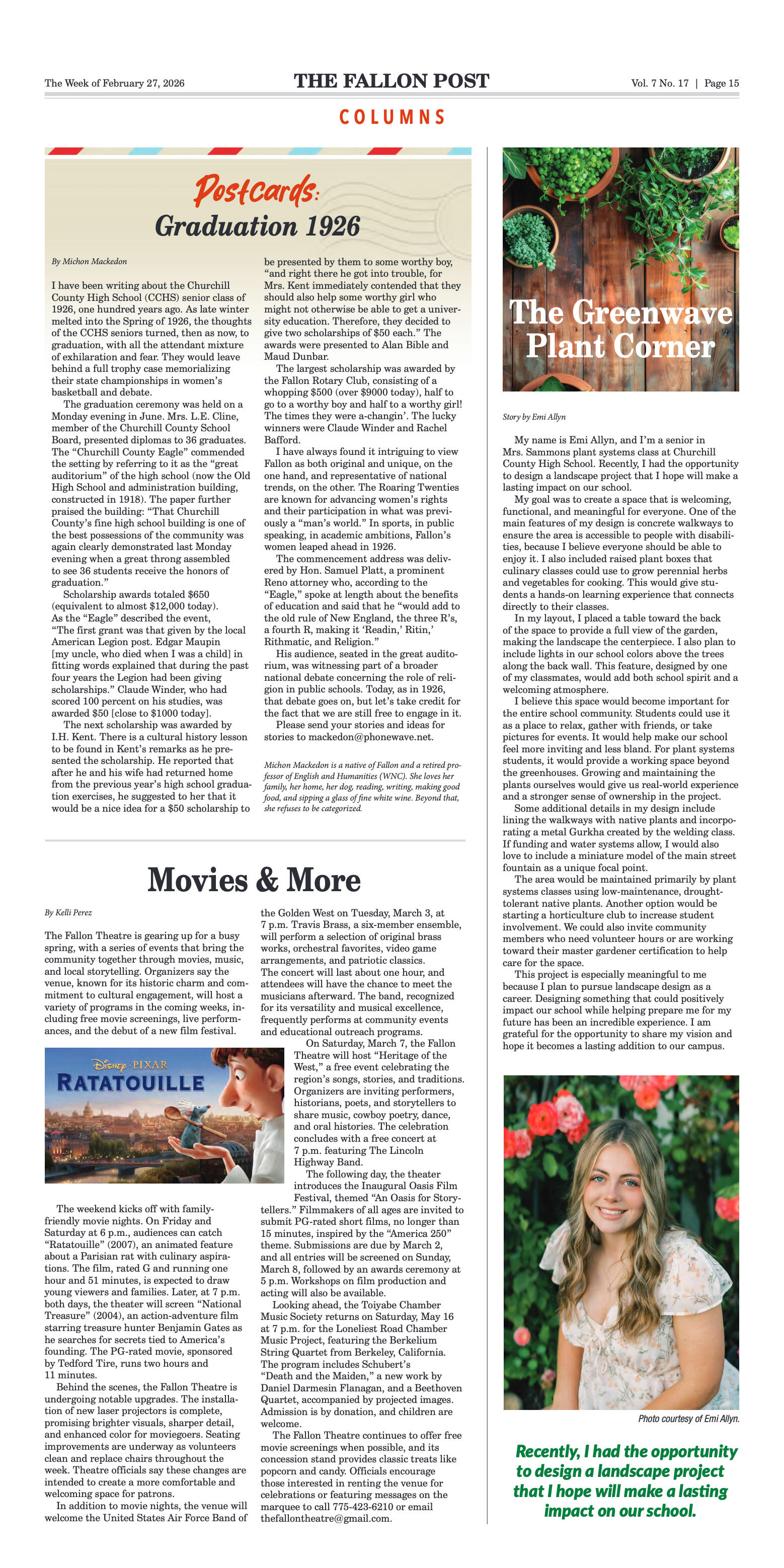
























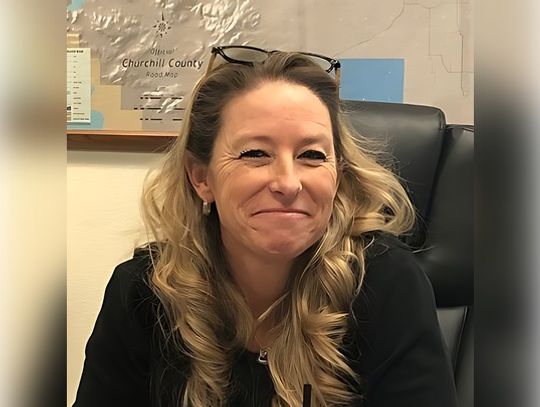


Comment
Comments